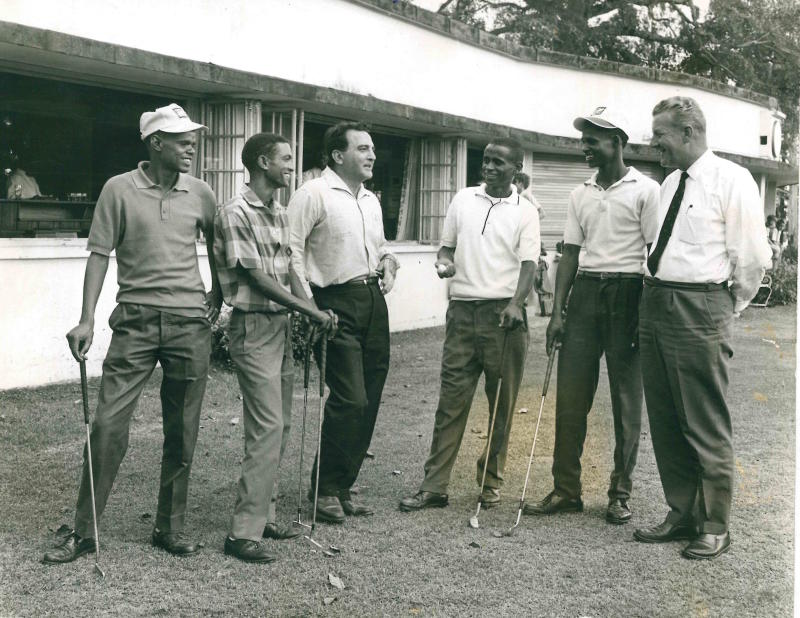
The land craze and speculation being witnessed in Nairobi today did not start yesterday. The grandfather of all speculators was a colonial settler, Sandbach Baker, who secured 5,000 acres to start a dairy farm in what later turned out to be the most sought after address in the capital a century later.
Baker's dairy farm thrived but not as his wife, Marie Vera, wanted. And in 1907, an exclusive residential estate would come up. After some time, the settler's wife became convinced they could make more money from the farm by selling it in smaller pieces. So she went ahead and divided the property and sold the plots to white settlers. However, Mrs Baker inadvertently lost a fortune in that after a survey of the hived off land was carried out, it emerged that she had actually sold 754 acres, and not 717 acres as her records showed. Baker sold each acre at 20 sterling pounds.